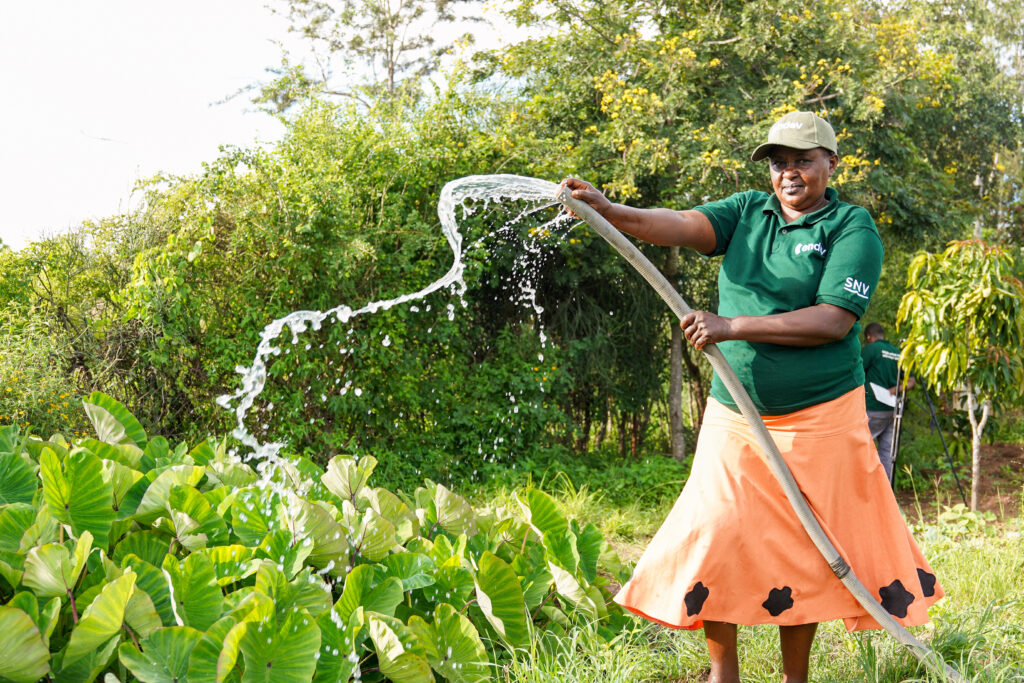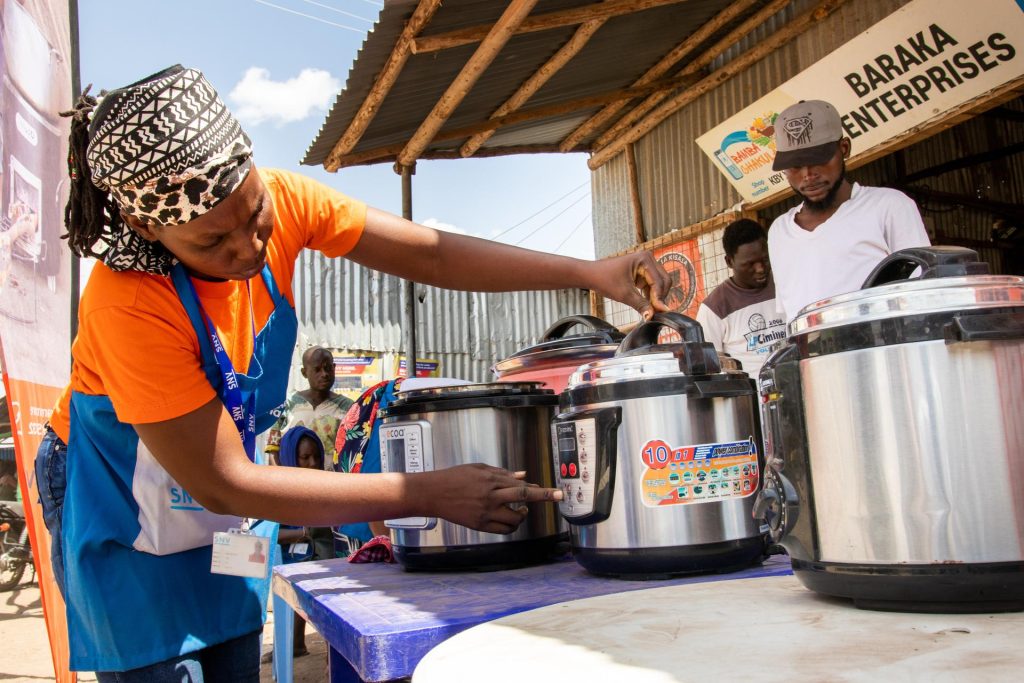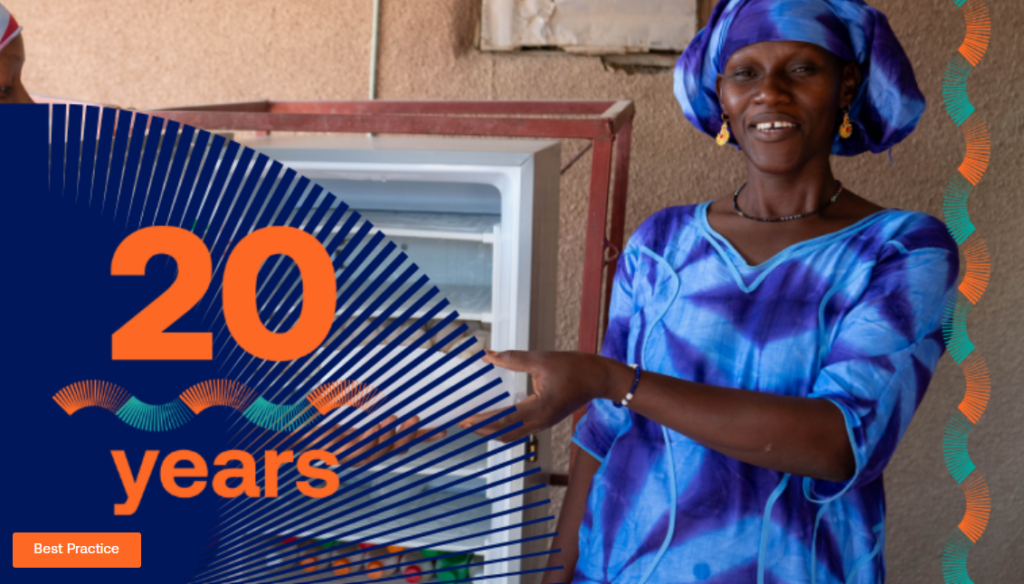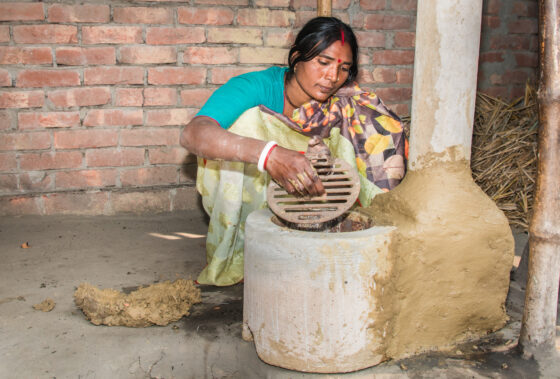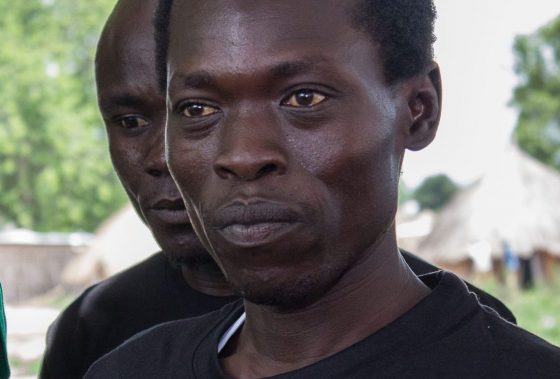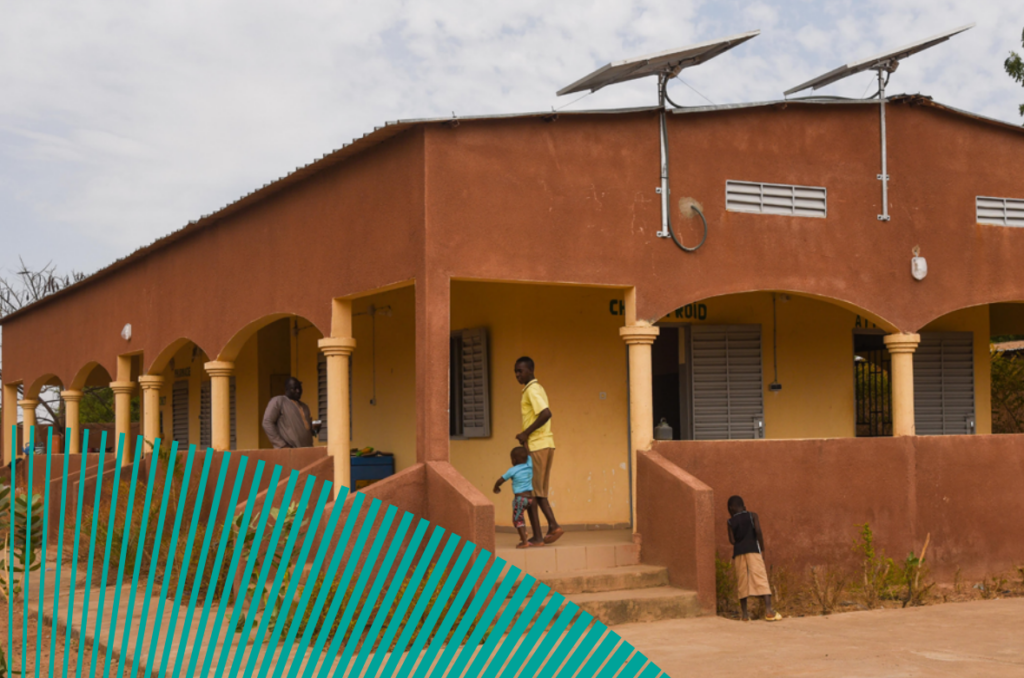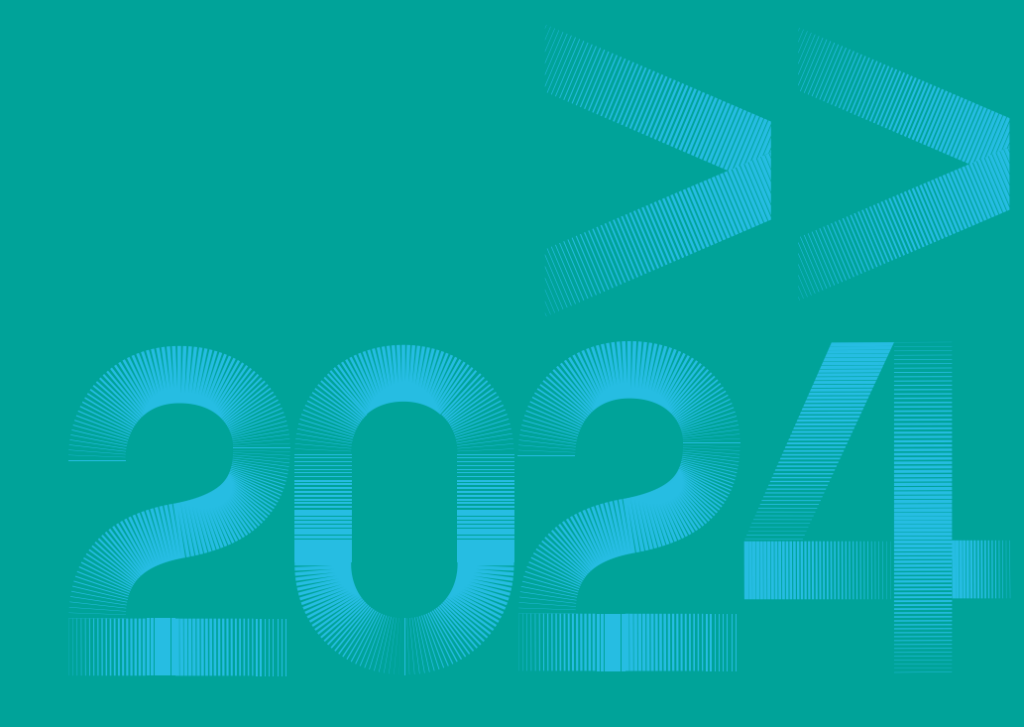EnDev delivers sustainable energy where it’s needed most
Despite global progress, millions remain excluded from energy access due to poverty, displacement, or marginalisation. EnDev’s commitment to Leave No One Behind (LNOB) ensures that even those beyond the reach of regular market mechanisms gain access to modern energy. Through tailored interventions, strategic partnerships, and inclusive delivery models, EnDev supports energy access and empowerment for vulnerable households, social institutions, and micro-, small-, and medium-enterprises enterprises who would otherwise be left behind on the path to SDG 7.
Who is often left behind?
EnDev’s LNOB framework reflects its commitment to addressing discrimination and
inequalities through context-specific approaches and measurable results. It targets the following LNOB groups:
-
Poorest of the poor
Populations living in extreme poverty, predominantly in Sub-Saharan Africa and South Asia, who are the least likely to gain energy access without targeted support.
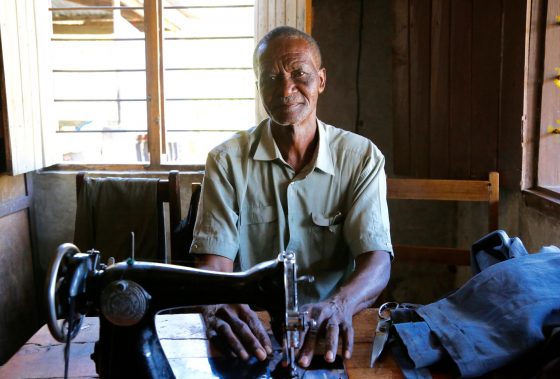
-
Those affected by displacement and fragility
Refugees and internally displaced people, those affected by conflict, crisis, and fragility, as well as their host communities.
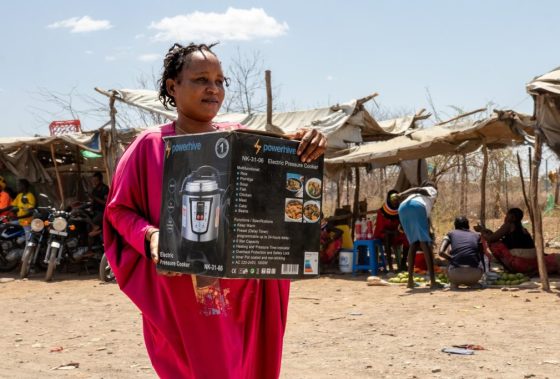
-
Women and girls
Women and girls disproportionately affected by energy poverty due to gendered roles and economic inequalities.
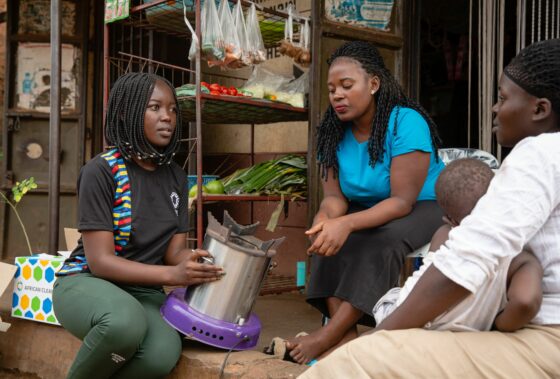
-
Other groups
EnDev recognises that vulnerability is multifaceted and context-specific. The ‘other’ category allows EnDev country teams to identify any marginalised group that is left behind in terms of energy access. This includes indigenous people, ethnic minorities, people with disabilities, and remote communities.
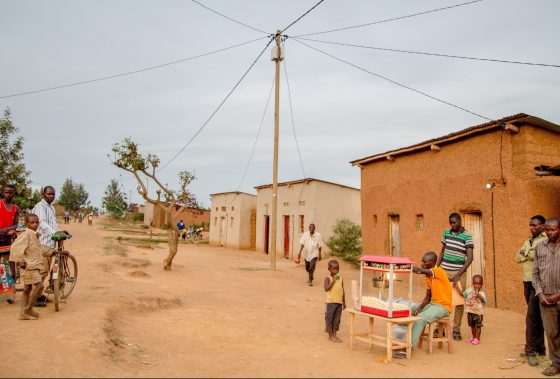
Approach
EnDev’s approach focuses on reaching LNOB groups through context-specific, targeted interventions that are integrated into project design from the outset. EnDev applies three key criteria to ensure that LNOB is more than a principle — it becomes practice:
–Clearly defined groups based on data, vulnerability assessments, and country-specific needs;
–Tailored interventions that respond directly to the barriers these groups face;
–Measurable results verified through disaggregated monitoring.
LNOB is integrated across EnDev’s project lifecycle with interventions in all country portfolios. This includes dedicated activities for the poorest of the poor, at risk communities in fragile contexts, women and girls, or other marginalised groups such as ethnic minorities and people with disabilities. EnDev applies an intersectional lens, recognising that overlapping identities—such as being both poor and displaced—can compound exclusion and require tailored interventions.
Highlights from EnDev interventions
Making energy affordable: a DSS pilot in Liberia
Achievements
Since 2023, EnDev’s results have expanded rapidly:
- 976,900 people from LNOB groups reached with energy access
- About 3,000 MSMEs and 700 social institutions operating in LNOB contexts have gained access to energy
- Active LNOB projects across the entire EnDev country portfolio
- Increasing access to Higher-Tier Cooking in refugee settlements and remote rural areas
- Special support to women as energy users, entrepreneurs, and advocates

